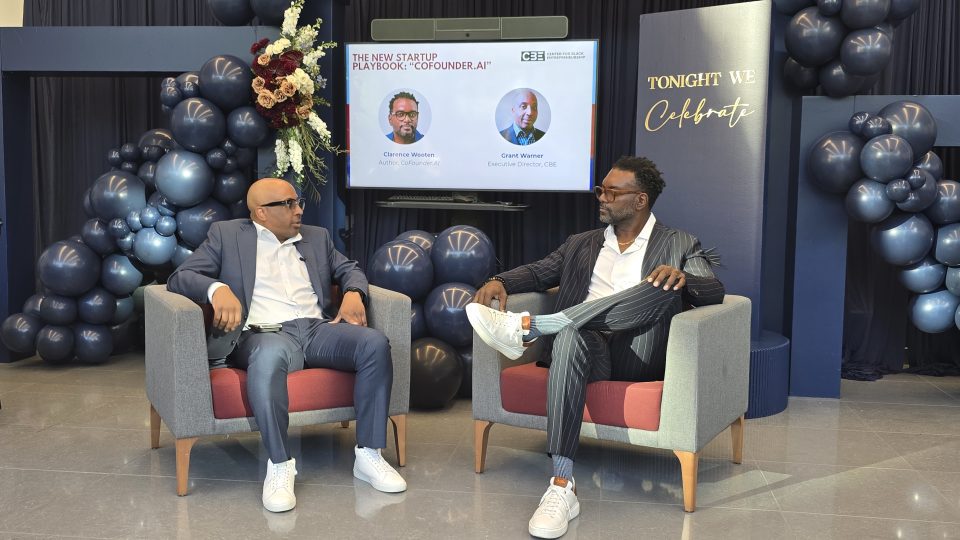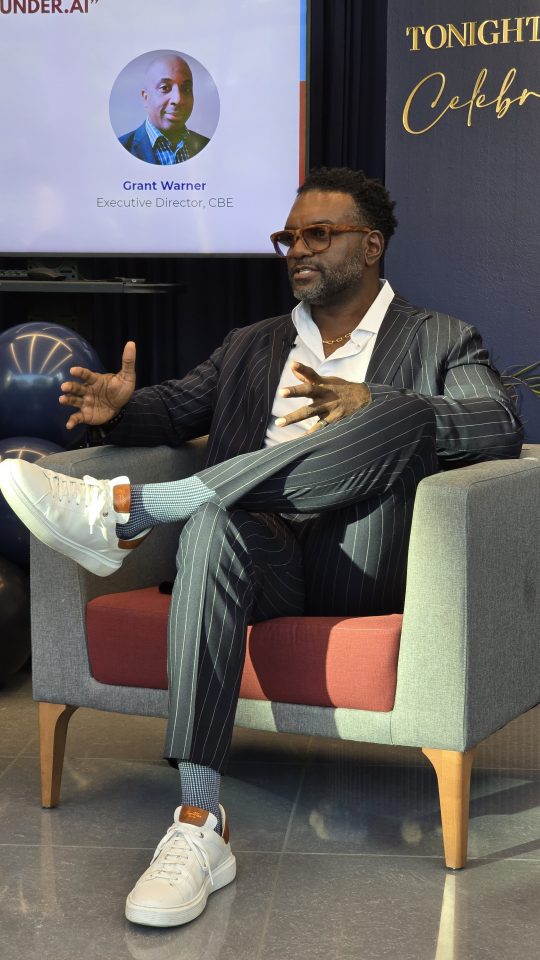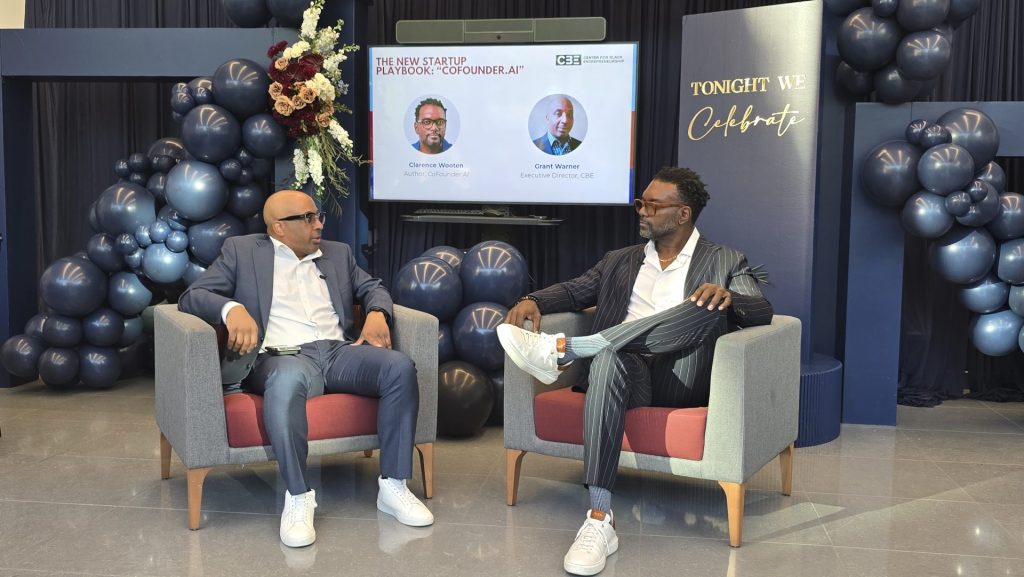Clarence Wooten Sparks Vision and Innovation at Spelman Graduation Dinner Fireside Chat

On a warm, electric evening at Spelman College, a fireside chat with Clarence Wooten—tech entrepreneur, AI expert, and founder of Cofounder.ai—turned into a unique masterclass on the future of work, wealth, and wisdom. This exclusive event brought together graduates, young entrepreneurs, and faculty leaders, offering them a rare opportunity to gain sharp insight and inspiration.
Hosted during Spelman’s annual graduation dinner, the intimate conversation offered a rare, unfiltered glimpse into how artificial intelligence shapes the business landscape and what it means for the next generation of Black excellence. Wooten spoke with an inspiring blend of technical brilliance and cultural foresight, walking attendees through the mechanics of leveraging AI tools without compromising proprietary data, the power of large language model context windows, and the role of vector databases in refining results.
But this wasn’t just about code and computation—it was about culture, collaboration, and carving out a place in a rapidly shifting economy.
“You can use AI to help you write a book, design a business plan, or build a pitch deck,” Wooten told the captivated crowd, emphasizing the practical applications of AI in entrepreneurship. “But the key is knowing how to control the narrative while protecting your intellectual property. Ownership and control are not always the same—and you’ve got to decide which one you’re chasing when you’re scaling.”


From the crowd, students and founders raised thoughtful questions about starting a business, managing cofounder relationships, and whether it’s smarter to form an LLC or jump straight into a C-corp structure. Wooten didn’t shy away from the complexity. Instead, he addressed their concerns directly, making them feel valued and important. He encouraged clarity and legal literacy as cornerstones of any long-term venture, empowering them with knowledge and understanding.
He also touched on heavier societal implications—like the future of work as automation accelerates, the case for universal basic income, and how AI forces us to reimagine human value in a post-industrial world. These are not just theoretical concepts but issues that will directly impact our lives and the future of work.
Yet perhaps the most powerful moment came when Wooten publicly pledged to donate books to HBCUs and expressed a desire to co-develop an AI and entrepreneurship curriculum alongside institutions like Spelman. This pledge inspired hope and optimism in the audience, motivating them to contribute to the AI revolution.
“Black colleges should be leading the AI revolution, not catching up,” he said. “This is about building equity into the code.”
By the night’s end, Wooten had demystified artificial intelligence and pointed to how AI is a tool for legacy-building, economic empowerment, and reimagined freedom.
The evening wasn’t just a talk. It was a call to action, instilling in the audience a sense of responsibility and empowerment. Attendees commented on how they were engaged and committed to leverage the AI revolution.
Read more thought leadership and cultural commentary at RollingOut.com.



